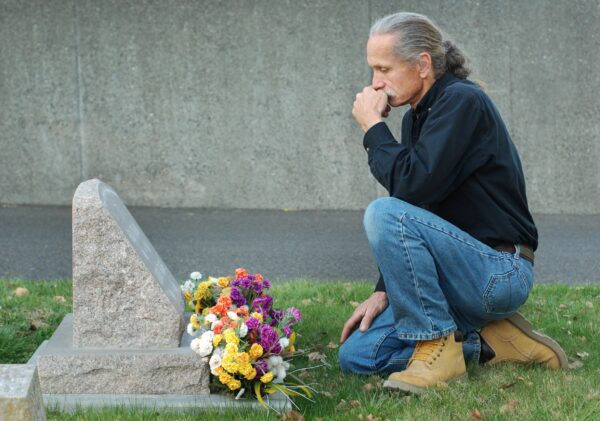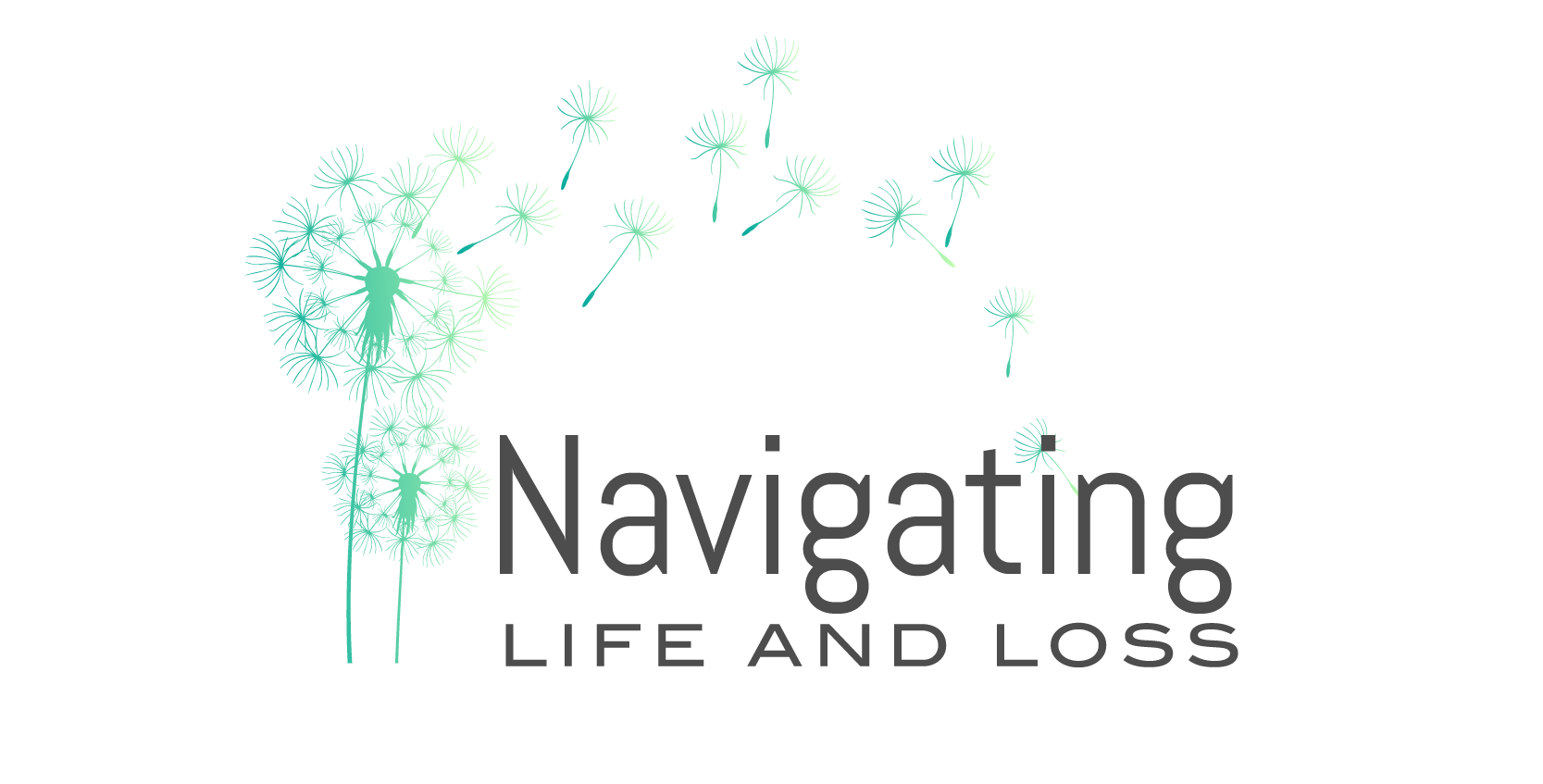 Someone in your life has died and the shock of it has the power to bring you to your knees. You have to keep reminding yourself over and over that this is real, it happened, and this person is really gone. Everything in the world is now seen through this disorienting haze of grief, and you can’t seem to part the curtain and see the world clearly anymore. You are clinging to a rock in a stormy sea, hit by wave after wave of acute sadness and you can barely catch your breath.
Someone in your life has died and the shock of it has the power to bring you to your knees. You have to keep reminding yourself over and over that this is real, it happened, and this person is really gone. Everything in the world is now seen through this disorienting haze of grief, and you can’t seem to part the curtain and see the world clearly anymore. You are clinging to a rock in a stormy sea, hit by wave after wave of acute sadness and you can barely catch your breath.
Early grief can be debilitating, and people who have not been through it do not understand. They say well intentioned things that are so unhelpful, and everyone seems to have an opinion on what your grief should look, feel, and sound like. You are sure that something must be wrong with you, other people seem to handle this so much better, you think – “why can’t I seem to get my feet back underneath me?” A few months after the death, people seem surprised that you are “still grieving” and expect you to be strong and get back to who you were before this loss, but you can’t seem to get there. Even a year or more later, you are struggling to imagine a future that does not include the person you lost.
In grief counseling we will examine the story of your loss and identify all of the secondary losses you have suffered as a result of this death; looking in detail at all of the various ways you and your world have changed. We will take stock of the resources you have, the people in your life, and your individual strengths and challenges to determine the best way for you to mourn this loss, integrate it into you are now, and use it to inform who you will become in the future.
Experiencing the death of someone close to you changes you, and as you reorganize yourself you may discover that things you once considered important are no longer a priority, and you move forward down a path you couldn’t have imagined. William Worden (2009) identifies the four tasks of mourning as: 1) To Accept the Reality of the Loss, 2) To Process the Pain of Grief, 3) To Adjust to a World without the Deceased, and 4) To Find an Enduring Connection with the Deceased in the Midst of Embarking on a New Life. Together we can track your movement through each of these tasks and find ways to simultaneously grieve your loss and engage in restoration activities that give you hope for what comes next.
CONTACT ME to schedule your free 30-minute introductory session and to learn more about how grief counseling can help you cope with this devastating loss.
